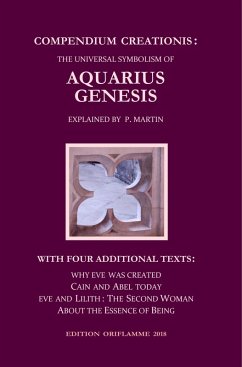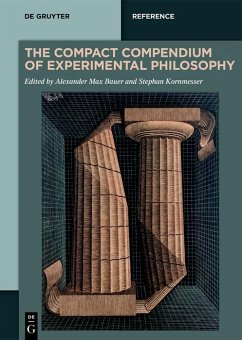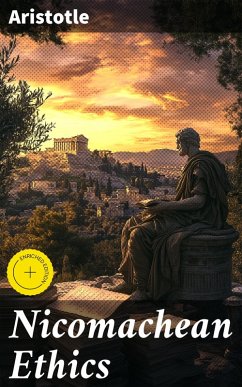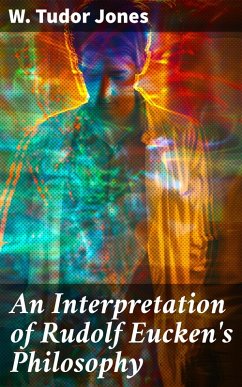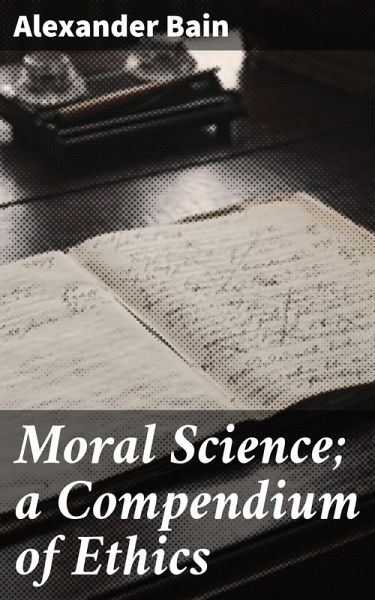
Moral Science; a Compendium of Ethics (eBook, ePUB)
Enriched edition. Exploring Ethical Principles and Moral Philosophy with Practical Insight
Kommentar: Parker, Sienna / Redaktion: Good Press

PAYBACK Punkte
0 °P sammeln!
In "Moral Science; a Compendium of Ethics," Alexander Bain presents a comprehensive exploration of ethical theory, weaving together philosophical inquiry with psychological insights. Bain employs a systematic approach, drawing upon empirical evidence to examine moral principles and the nature of human conduct. His literary style is characterized by clarity and rigor, positioning ethics as a science rooted in both rational thought and emotional understanding. This work is situated within the 19th-century philosophical discourse, influenced by empirical methods and the burgeoning fields of psych...
In "Moral Science; a Compendium of Ethics," Alexander Bain presents a comprehensive exploration of ethical theory, weaving together philosophical inquiry with psychological insights. Bain employs a systematic approach, drawing upon empirical evidence to examine moral principles and the nature of human conduct. His literary style is characterized by clarity and rigor, positioning ethics as a science rooted in both rational thought and emotional understanding. This work is situated within the 19th-century philosophical discourse, influenced by empirical methods and the burgeoning fields of psychology and sociology, paving the way for modern ethical inquiry. Alexander Bain (1818'Äì1903) was a Scottish philosopher and psychologist, recognized as a key figure in the development of psychological and ethical thought. His background in philosophy and education, combined with his desire to bridge the gap between moral theory and practice, led him to write this influential text. Bain's extensive work in psychology, particularly his interests in human emotions and their impact on behavior, offer a rich foundation for his exploration of ethics, making him a pioneering voice in the field. "Moral Science; a Compendium of Ethics" is essential for anyone interested in the intersection of ethics and psychology. Bain's analytical lens invites readers to grapple with enduring moral questions and understand the underlying principles that govern human behavior. This text is a valuable resource for students, scholars, and anyone keen to deepen their comprehension of moral philosophy in an empirical context. In this enriched edition, we have carefully created added value for your reading experience: - A succinct Introduction situates the work's timeless appeal and themes. - The Synopsis outlines the central plot, highlighting key developments without spoiling critical twists. - A detailed Historical Context immerses you in the era's events and influences that shaped the writing. - A thorough Analysis dissects symbols, motifs, and character arcs to unearth underlying meanings. - Reflection questions prompt you to engage personally with the work's messages, connecting them to modern life. - Hand-picked Memorable Quotes shine a spotlight on moments of literary brilliance. - Interactive footnotes clarify unusual references, historical allusions, and archaic phrases for an effortless, more informed read.
Dieser Download kann aus rechtlichen Gründen nur mit Rechnungsadresse in A, B, BG, CY, CZ, D, DK, EW, E, FIN, F, GR, H, IRL, I, LT, L, LR, M, NL, PL, P, R, S, SLO, SK ausgeliefert werden.







